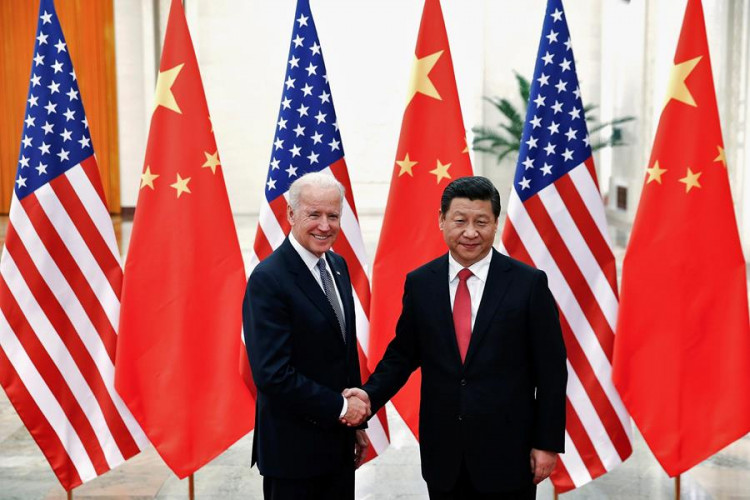In the ever-shifting landscape of US-China relations, the upcoming summit between President Xi Jinping and U.S. President Joe Biden in San Francisco promises to be pivotal. However, China's Foreign Minister Wang Yi has emphasized that the journey to this high-level meeting might encounter bumps.
During a recent three-day visit to Washington, Wang Yi engaged in comprehensive discussions with President Biden, Secretary of State Antony Blinken, and White House national security adviser Jake Sullivan. They mutually acknowledged the imperative of the proposed bilateral dialogue set to occur alongside the Asia-Pacific Economic Cooperation forum summit this November.
While the intent to cooperate was evident, Wang didn't sugarcoat the complexities involved. He candidly remarked that the path to this crucial bilateral talk won't be "smooth sailing," stressing the need for proactive efforts rather than a passive "autopilot" approach. The intricate fabric of US-China ties, which has seen recent strains due to issues like U.S. technology export restrictions and China's assertive maritime maneuvers, underpins this caution.
Notably, the dialogue is the culmination of several high-level interactions aimed at navigating a way through the growing challenges in the bilateral relationship. The backdrop of global unrest, especially in regions like Ukraine and Israel, makes the stakes even higher.
Reminiscing the last significant dialogue between the leaders, Wang drew attention to their discussion in Bali at a G20 summit. The leaders had then delved deep into Taiwan's situation, the US-China trade dynamic, and collaborative efforts on global issues such as climate change, health, and food security. Wang underscored the need to "return to Bali" in spirit and action, emphasizing the urgency to "eliminate interference, overcome obstacles, enhance consensus and accumulate results."
Beyond the geopolitical jigsaw, the talks in Washington also covered the evolving military dynamics between the two countries and their collaborative potential in sectors like finance, technology, and culture. The current challenges in the Middle East and Ukraine also found prominent mention.
Given the stakes, the world will keenly watch the San Francisco summit. Both nations, while acknowledging the hurdles, seem committed to dialogue, reflecting an understanding that their intertwined destinies necessitate continuous conversation, even amidst disagreements.





